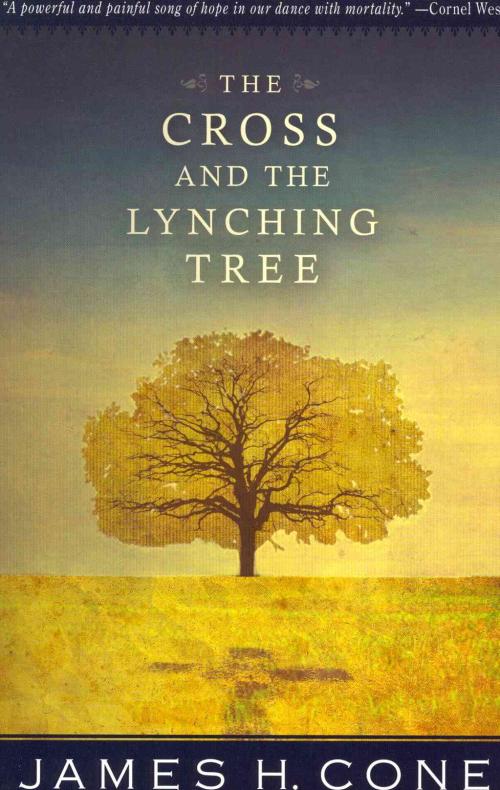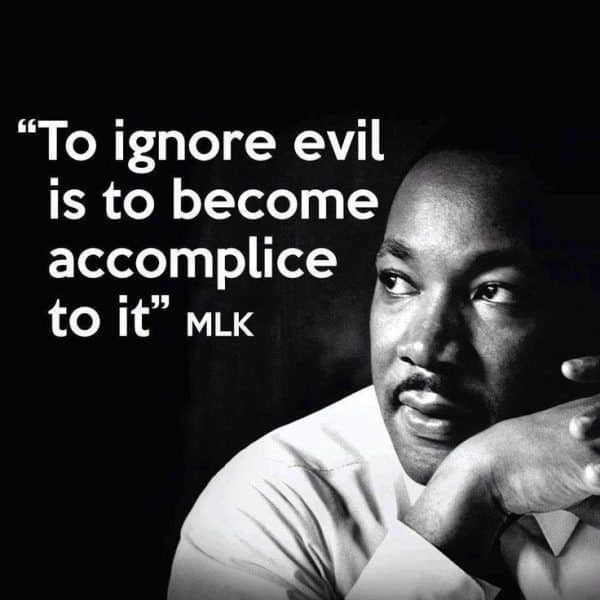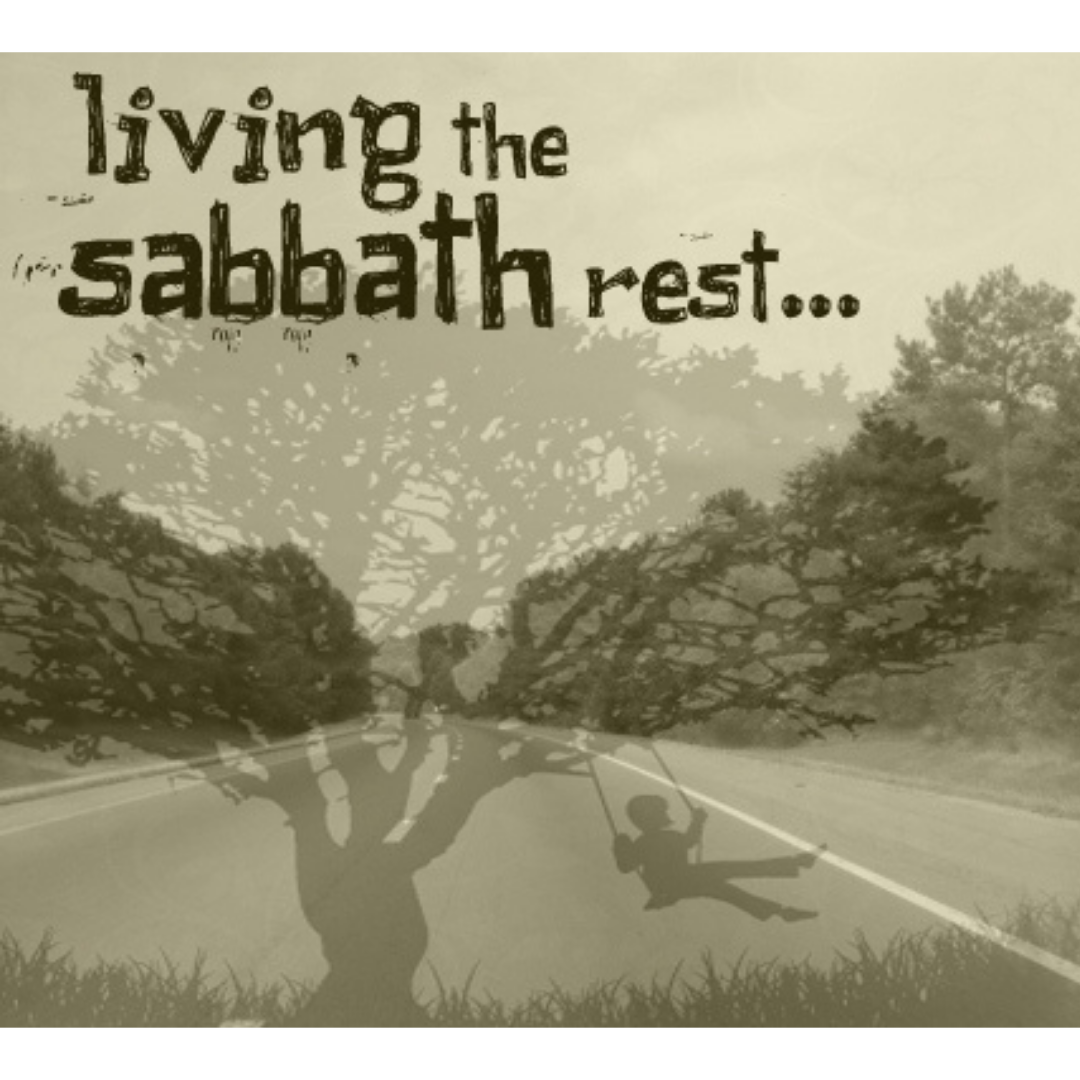Table of Contents
TLDR:
When Christians participate in the nation as the Ancient Romans did, “Take us to the cross” gains a whole new meaning.
Warning: This article contains and links to disturbing content. Reader discretion is advised.
To the Cross
As we kick off Holy Week 2021, I was thinking about one of the last communion talks I was giving. I asked, as usual, what the preacher was speaking about to not contradict, confuse, or be repetitive to the congregation. His response was typical and one I had heard dozens of times. “Just take us to the cross.”
“Just take us to the cross.” A phrase of encouragement any time I was about to speak before a church. As if I could never go wrong if I simply led the people to ponder the State execution of a Jewish man nearly 2000 years ago.
But that isn’t really what that phrase means in my Southern Subtext. It means to strike a chord of guilt so that people will feel “convicted” into living a more godly life.
I grew up in Tennessee, where we like to boast about being the buckle of the Bible Belt. Jesus’s sacrifice as a propitiation for our sins is common parlance amongst the average churchgoer. “Everybody” knows of the death, burial, and resurrection of Jesus. Moms and teachers have used it to keep young people in line until we leave to sow our wild oats in college. A suspicious place full of “atheistic professors,” yet college remains necessary for life’s most essential thing, getting a good job.
God was a part of life, and Jesus was always the answer found in the ultimate answer book, The Bible.

To May 2020
Despite being a baptized and committed Christian for two decades, it wasn’t until I read The Cross and The Lynching Tree by James Cone that I began to understand what the Cross means.

As an 11th generation Southerner, yeah, we helped found South Carolina; there is a constant historical, familial pressure. The problem comes when my heritage as a Christian and American collide. Nevermore have they clashed than the response to the entire Presidency of Donald Trump. Then came the coronavirus, and then came George Floyd.
As I reflected on yet another legal killing of a man for being Black, I thought back to the Cross. Re-reading James Cone, I realized that I wasn’t in the crowd of mourners or even the disciples who fled; I was part of the Roman police force carrying out the executions. I was part of the people “just trying to keep the peace.” Yet Cone stung me with this quote:
“There was no way a community could support or ignore lynching in America while still representing in word and deed the one who was lynched by Rome.”
And do not be confused; the lynching of George Floyd is not different in the outcome than the lynchings carried out over the centuries across my sun-bathed homeland.
Yet, as my fellow churchgoers expressed their outrage for the riots and protests that followed an innocent’s man death, I watched and looked and saw what they saw, the Cross. Only now, I looked at it from the perspective of the one hanging on it this time.
To Jesus
As my histories continued to collide, I began to search for theological purchase. What had I bought into all these years of Christianity? It could not be meaningless, so I drew not from the white perpetrators and builders of the Cross but the preachers and writers of liberation theology.
Rev. Dr. Martin Luther King Jr. offers incredible insight into the Christian response in the face of the Cross. Read his Letters from a Birmingham Jail, and you will find the prophets of the Old Testament. Watch his speeches, and you will see the Sermon on the Mount as expressed by theology giants like Bonhoeffer and the Apostle Paul.
The question I had for Rev. Dr. King Jr. was where did he keep his gaze. The answer was relatively simple in the adage of “turn your eyes upon Jesus.“

Beyond the Cross
Jesus in many southern churches, southern hearts, and southern minds lives on the Cross. A problem because that is not where Jesus lives.
Any churchgoer will agree with you that Jesus rose. Still, if you press into their Christian Identity, you will find the subtleties the hint at Jesus stuck on a cross. For many Christians, that is where we most commonly encounter Jesus: nailed, neatly (with a bit of blood for historical accuracy) and contained, on a cross.
Yet Jesus was taken from the Cross, buried, and rose on the third day, as the Bible says. So why do we seek to find Jesus where he is not? Because if Jesus is not on the Cross, we must consider what the resurrection means for us, as the author of Hebrews puts it: to-day.
To Consider the Resurrection
When I consider the resurrection, my Black and Liberation theology partners begin to fall away. They have only fought and died faithfully to get off the Cross, to bother the rest of us privileged folk to look beyond the Cross.
Yet, they left some inspiration in works like The Cross and the Lynching Tree. If Christ resurrected and black men, women, and children have been recreating the crucifixion repeatedly for centuries, where is their resurrection?

Resurrection forces a difficult question for someone like me, who can visit their family plantations. On those plantations, African men and women picked cotton in slavery and died to become American men and women. They have been here (in the United States) as long as I have, after all.
So, where is George Floyd’s resurrection? Where is the justice due to him? Of course, a Cross centric view allows God to meter out justice over time on a cosmic scale. The resurrected Christ asks us to consider what is justice today? What are the hands and feet of the resurrected Jesus Christ going to do?
Sadly, the answer has been to condemn the protest and delay justice from the White House, Congress, and the Courts. All three government branches are corrupt regarding this justice because our churches support, no, demand, this delay. Even though our western civilization discerned the truth of justice in the Magna Carta (1215 AD), “To no one will we sell, to no one will we refuse or delay, right or justice.” (emphasis mine) Of course, Rev. Dr. King Jr. quoted a similar maxim in his Letters from a Birmingham Jail:
“Justice too long delayed is justice denied.”
To Resurrected Christ
Christians seeking repentance need not wait on the justice of the country. We can offer aid and love now. We can build bridges in days and weeks that it will take politicians years to forge policy changes.
The way we build those bridges is by realizing who we are at the Cross. We, white evangelical Christians, are who we style ourselves after, the Roman executioners. Most of us aren’t even the Jewish rioters inciting Jesus’s death. We are merely trying to keep the peace, and what is one more cross to maintain the status quo? What is the murder of one black man to preserve the life I have built for myself?
When Christians participate in the nation as the Ancient Romans did, “Take us to the cross” gains a whole new meaning. When we take a Cross centric view, we don’t stop at one black man. We crucify many black men, and women, and children.
Remaining at the Cross when you are the Romans is remaining in violence.
You need only to read the civil rights leaders like Baldwin, Du Bois, Hughes, Hurston, Morrison, and Wells to understand the violence we have caused. Yes, read a book and learn. No reading another World War 2 biography that glorifies our victory over the Nazis. It does not count. Unless it also points out how Black New York mothers were more afraid of the “Greatest Generation” than the Nazis.
“What they had all seen was the suffering they’d been hearing about in letters coming back to Harlem from friends and relatives in the army who’d been sent to training camps in the South. And what everyone on the street was now feeling was a great powerlessness, coupled with “that panic which can scarcely be suppressed when one knows that a human being one loves is beyond one’s reach, and in danger.” So bad was this feeling (about the black soldiers in Southern camps) that most people, that summer on Lenox Avenue, experienced “a peculiar kind of relief when they knew that their boys were being shipped out of the south, to do battle overseas … [as though] the most dangerous part of a dangerous journey had been passed and … now, even if death should come, it would come with honor and without the complicity of their countrymen. Such a death would be, in short, a fact with which one could hope to live.”
Excerpts from “Notes of a Native Son” by James Baldwin. Copyright © 1955 renewed 1983, by James Baldwin. Reprinted by permission of Beacon Press. via Gornick, Vivian. The Situation and the Story . Farrar, Straus and Giroux. Kindle Edition.
What does it Mean to Live Resurrected?
My brothers and sisters in Christ, we cannot remain in this violence. We cannot stay at the Cross because Jesus is not there. Not for us. In solidarity with the countless peoples that we have added to His burden, Christ reaches from the Cross. For us, Christ calls beyond the grave, beckoning us to live the resurrected life.
We must move beyond the Cross and become the resurrected people of God. Not in some future death, but in the rest we must have to-day. We must seek to live the way we read in Acts 2, sharing everything. After that humble repentance, perhaps then we can provide rest to those who have hung upon the Cross for centuries and get to where Jesus resides.
Read on Friday to continue this thought: For those reading later the next article is called Should We Die for Satan?







